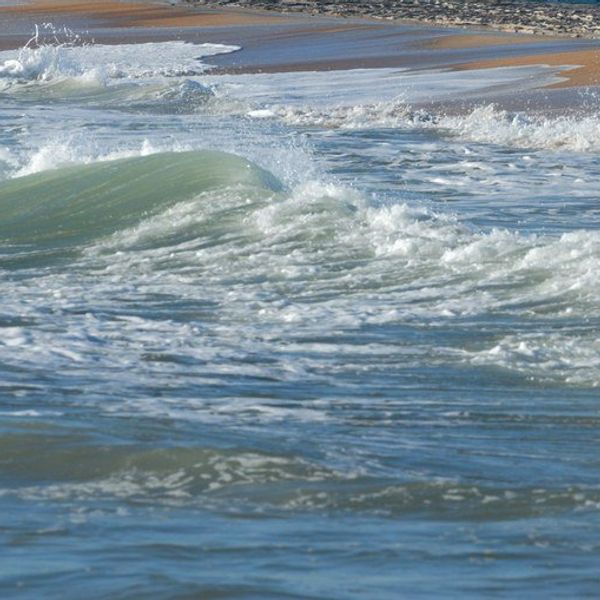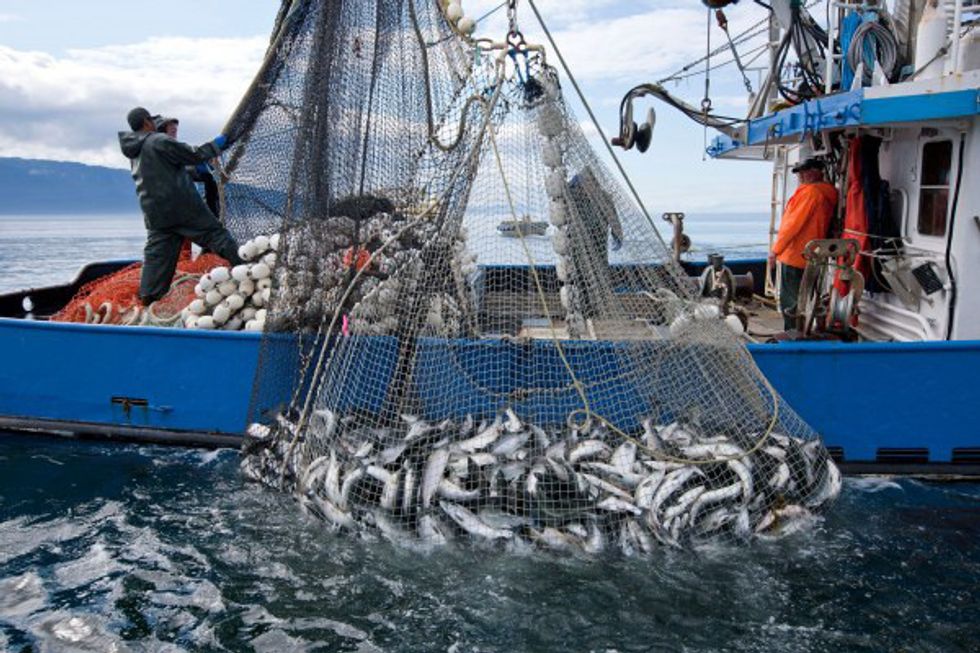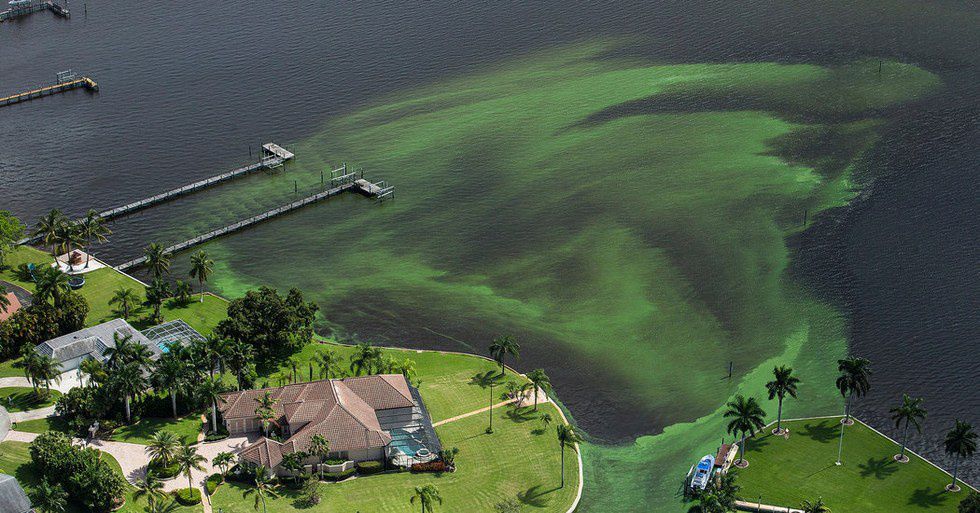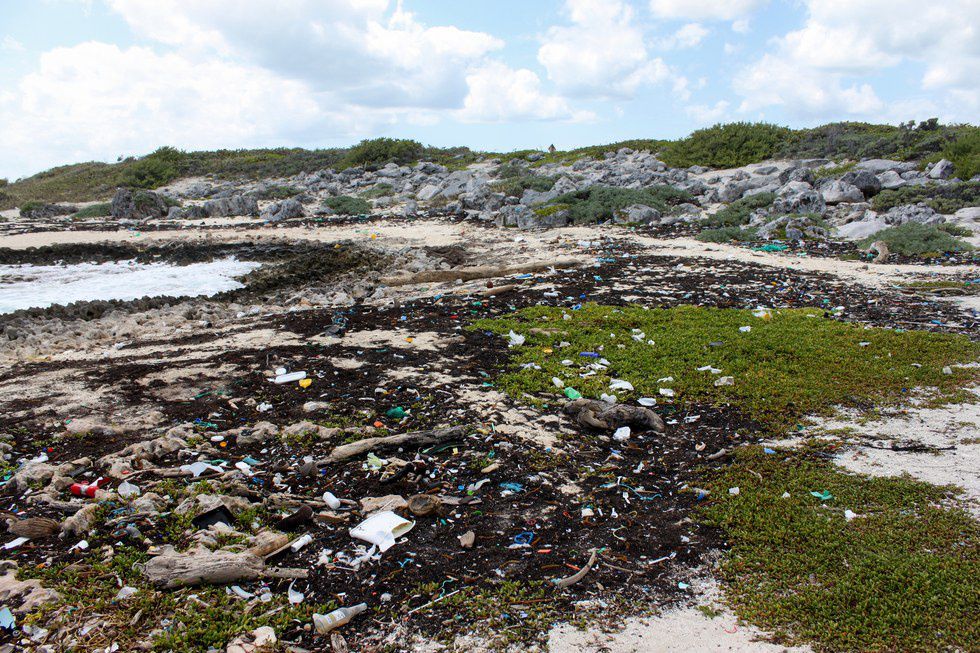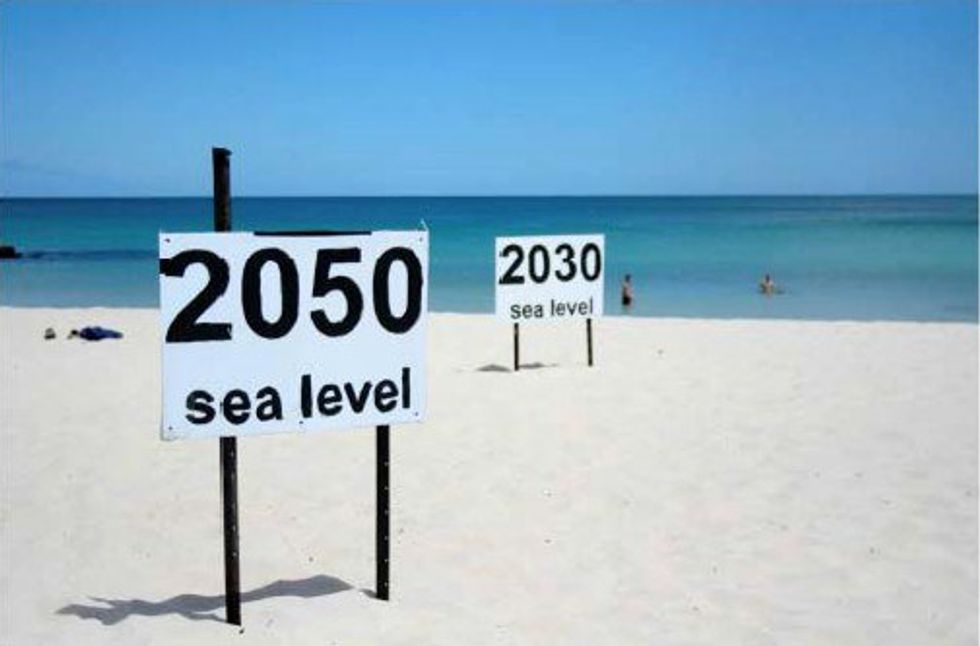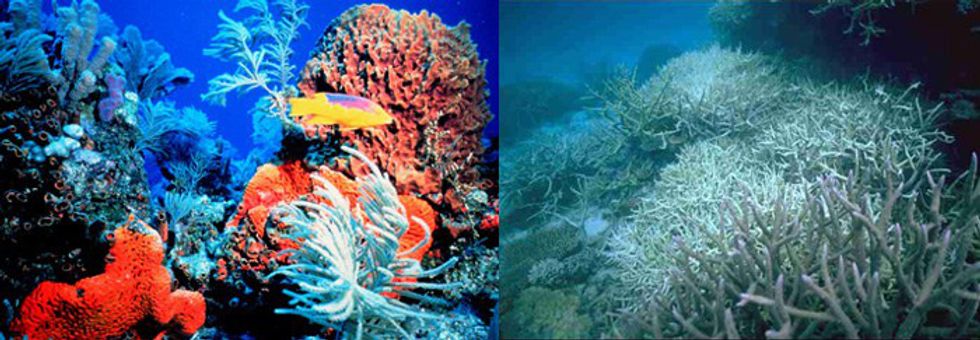On September 15th-16th the third annual Our Ocean conference was held in Washington D.C. where the main focus, if you couldn't guess, were key issues that the oceans currently face. You look at these massive bodies of water that seem so powerful, with their waves and depth, and think to yourself that nothing is wrong, these waters are untouchable. But you are wrong, in reality they are fragile and it is our doing. Here are some issues that the oceans face today.
For starters, fish stock plays a major role in the lives of many people. This is a source of food security, that provides nourishment and revenue to billions of people around the world. Actually, it is the livelihoods of roughly 10-12 percent of the worlds population. To put that into perspective, that is over 870 million people. However, fisheries are being jeopardized by unsustainable fishing. This has exhausted 90 percent of abundant fish, such as tuna, swordfish, marlin, cod, halibut, and list goes on.
Another problem oceans face is marine pollution. There are a variety of pollutant sources that are suffocating our oceans. Such pollutants include but are not limited to agricultural wastes, sewage, waste water runoff, and marine debris. Runoff consists of nutrient rich pollutants containing high concentration of nitrogen and phosphorus. These elements provide nutrients to photosynthetic organisms such as algae and cause large algal blooms. When the algae die, they decompose, which consumes oxygen. This creates oxygen depleted zones where life cannot thrive, killing marine life.
Marine debris: Trash and other solid material enters the ocean due to poor trash management by waste facilities, littering, and storm sewer runoff. It is estimated the eight million tons of plastic traffic flow into the ocean every year and doubles every decade. When debris enters the ocean it poses a risk to wildlife, marine habitats, and even health and safety concerns to humans. For instance, when a non biodegradable item enters the water it may look like food to marine life. An example is a plastic bag, which looks like a jellyfish, is consumed by a sea turtle. Keep your beaches clean!
For more information go to: http://ourocean2016.org
http://www.conservation.org/nature-is-speaking/Pag... --Highly recommend this video :)


